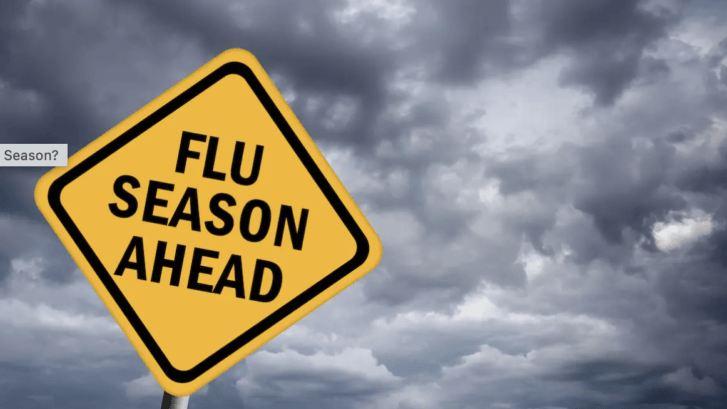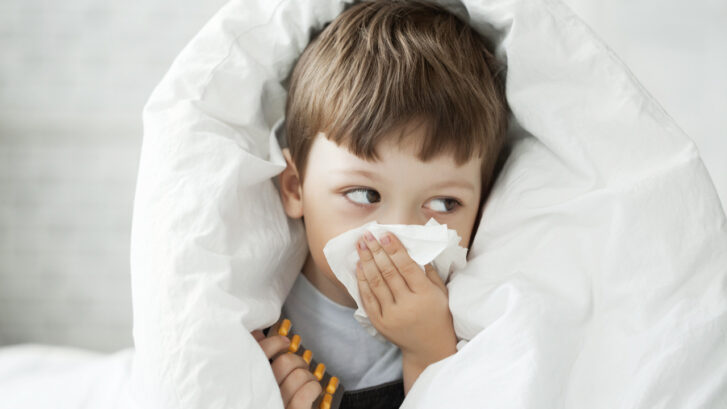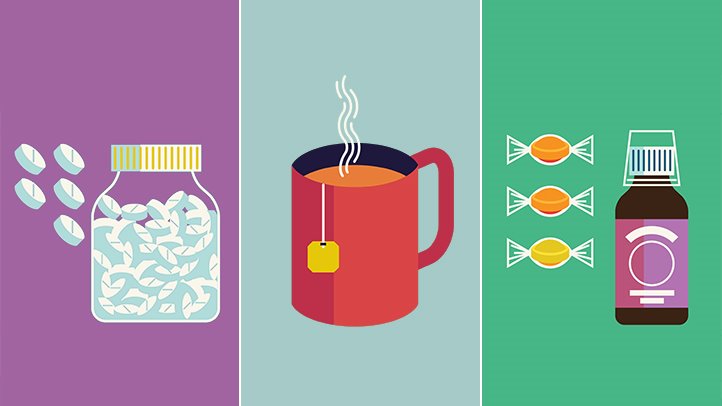Strep Throat Complications
In response to the tragic story from Arizona, where a young girl suffered severe complications from a group A streptococcus infection, it is crucial to understand the seriousness of what is often perceived as a common and manageable illness. Our concierge doctors want to remind you of the importance of timely medical intervention and the potential severity of strep throat, especially in atypical, severe cases.
Understanding Strep Throat and Its Impact: Strep throat, caused by the bacterium group A streptococcus, is primarily known for symptoms like sore throat, fever, and swollen lymph nodes. While most cases are mild and effectively treated with antibiotics, the condition can lead to severe complications if not addressed promptly.
A Heartbreaking Case from Arizona: The case of a 7-year-old girl in Arizona underscores the potentially devastating outcomes of a severe strep A infection. Despite what began as typical symptoms, her condition rapidly escalated, leading to multiple amputations. This extreme situation highlights the critical need for awareness and vigilance among parents and caregivers.
The Risks of Untreated Strep Infections: When untreated, strep throat can cause significant harm beyond the initial symptoms, affecting the kidneys, heart, and other vital organs. It emphasizes the necessity of early diagnosis and treatment to prevent such dire consequences.
Preventative Measures and Awareness: The highly contagious nature of strep throat calls for informed preventative strategies to mitigate its spread, especially among vulnerable populations. Recognizing symptoms early and seeking prompt medical advice are key steps in preventing severe outcomes.
Community and Healthcare Provider Roles: Healthcare providers in Jupiter, Florida, and elsewhere play a pivotal role in educating the community, identifying strep throat cases early, and providing effective treatment. They also have the responsibility to communicate the potential risks associated with delayed care.
Takeaways for Jupiter, Florida, Residents: Residents should be attentive to the symptoms of strep throat, particularly in children, and seek medical advice promptly. The healthcare community in Jupiter should continue to emphasize the importance of early intervention and educate parents on the signs to watch for, reinforcing that while rare, severe complications can occur.
In conclusion, the heartbreaking story from Arizona is a call to action for increased awareness and proactive healthcare engagement. By understanding the risks and maintaining vigilance against strep throat, communities like Jupiter can better protect their residents and prevent tragic outcomes.










